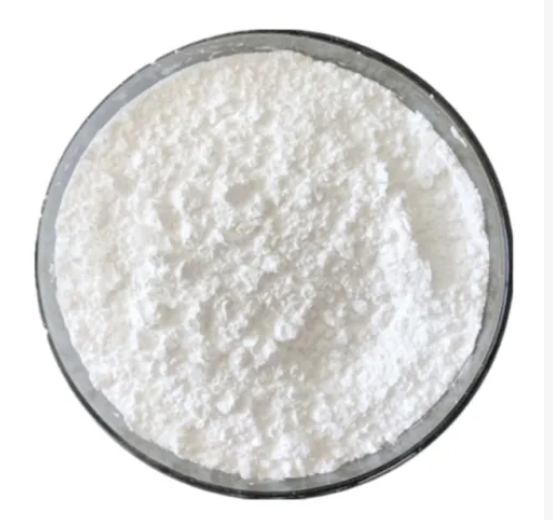Sodium Alginate; CAS No.: 9005-38-3

পণ্যের বিবরণ
Sodium Alginate; CAS No.: 9005-38-3
Sodium Alginate Wholesale
Sodium alginate (CHONa) is mainly composed of sodium salts of alginate. It is a kind of polysaccharide biological polymer, which has many characteristics such as wide source, non-toxic, easy degradation and easy biological compatibility. Therefore, it has great application value in medicine, food, packaging, textile industry, biological materials and other industries.
Specification
CAS No.: 9005-38-3
The molecular formula
Molecular weight 0
EINECS number 618-415-6
Melting point 99°C
Density 1.0g/cm3(Temp:25°C)
FEMA 2014|ALGIN(LAMINARIASPP.ANDOTHERKELPS)
Storage conditions 2-8°C
Solubility Slowlysolubleinwaterformingaviscous colloidalsolution, practicallyinsolubleiChemicalbooknethanol (96 percent).
Morphology powder
The color is WhitetoOff-white
The Odor was odorless
PH 6.0-8.0(10mg/mLinH2O)
Water solubility Solubleinwater Insolubleinalcohol, chloroformandether.
Sensitivity Hygroscopic
Merck 14,241
Understanding the Physical and Chemical Properties of Sodium Alginate
Sodium alginate, also referred to as sodium alginate, sodium alginate, alginate gum, kelp gum, or alginate sodium, possesses a range of physical and chemical properties. This article aims to explore and shed light on the various characteristics of sodium alginate, its applications, and its benefits.
Composition and Extraction
The primary component of sodium alginate is the sodium salt of alginate, a mixture of glycanuronic acid. It is obtained through the extraction of glue from brown seaweed, particularly kelp. The resultant product is a white or light yellow powder with no discernible odor or taste.
Physical Attributes
Sodium alginate exhibits several physical attributes. It has a moisture absorption capacity and a relative density of 1.59. The bulk density of sodium alginate is measured at 87.39 kg/m3, and its moisture content is approximately 13%. The ash content of sodium alginate is 23%.
Thermal Properties
When subjected to heat, sodium alginate undergoes specific changes. Its black temperature is around 150℃, while its carbonization temperature ranges from 340℃ to 460℃. Furthermore, the ash temperature of sodium alginate is 480℃. The combustion heat of sodium alginate is measured at 10.46 J/g.
Solubility
Sodium alginate has distinct solubility characteristics. It is insoluble in ethanol, ether, or chloroform. However, it readily dissolves in both hot and cold water. A 1% aqueous solution of sodium alginate exhibits a pH value between 6 and 8. When dissolved in water, it forms a viscous colloidal solution. Moreover, sodium alginate can easily mix with various substances, including proteins, starch, pectin, acacia, carboxymethyl cellulose, sucrose, glycerol, and sorbitol.
pH Sensitivity and Viscosity
Sodium alginate's viscosity is influenced by the pH of its surroundings. It is insoluble in dilute acids with a pH below 3. However, when the pH ranges from 6 to 9, the viscosity of sodium alginate remains stable. At temperatures above 80℃, the viscosity of the solution decreases.
Hydrophilic Gel with Hydration Ability
When sodium alginate dissolves in hot or cold water, it forms a hydrophilic gel with a remarkable hydration ability. This gel exhibits low caloric value, is non-toxic, and has excellent expandability. It possesses high flexibility and demonstrates qualities such as thickening, stability, gel formation, foam stability, and anti-aging effects. These attributes make sodium alginate a valuable ingredient in various products.
Applications in Food Industry
Sodium alginate finds extensive application in the food industry due to its versatile properties. When added to different types of noodles, it significantly increases their viscosity, making the products stronger, more resilient, and imparting a delicate taste with a satisfying texture. The recommended dosage of sodium alginate for this purpose ranges from 0.2% to 0.5%.

